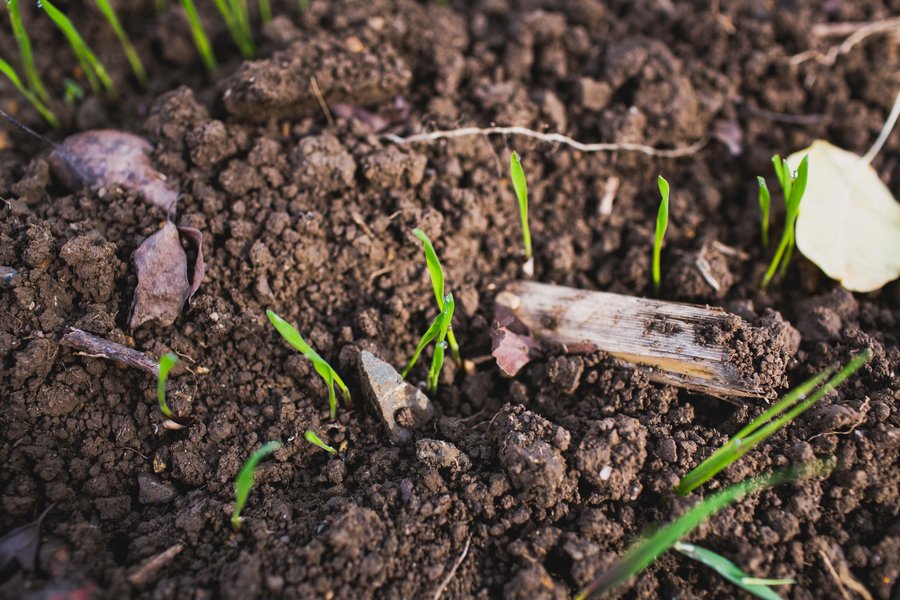"Customised" bacteria for sustainable agriculture
The sustainability of agricultural food production also depends on specific bacteria that form a symbiosis with plants and are capable of transforming atmospheric nitrogen into ammonium, making chemical fertilisers superfluous. A study by the University of Florence’s Department of Biology explains why the symbiosis works better with certain bacteria than with others:
Bacteria can help to achieve sustainable agriculture. Certain types of bacteria, called rhizobia, are able to naturally fertilise the plants with which they form a symbiosis. They transform atmospheric nitrogen into ammonium and enable the most important legumes (beans, chickpeas, lentils, but also alfalfa) to grow in lean soils without the need for chemical fertilisation.
But not all bacteria are the same: only some types of rhizobia present in soils form an effective symbiosis with legumes. The reason for this is revealed in a study published in mSystems, the journal of the American Society for Microbiology. The study, led by Alessio Mengoni, Camilla Fagorzi and Giovanni Bacci from the University of Florence’s Department of Biology, illustrates that certain bacterial genes for good symbiosis only "light up" in the presence of certain plant varieties. Mapping these genes will allow the selection of the most suitable rhizobia to obtain a "customised symbiont" that can then be used to produce agricultural products with low environmental impact.
The study, carried out with the support of the Advanced Genomics Laboratory thanks to funding from the Department of Biology, selected by the Ministry of University and Research as a Department of Excellence 2018-2020, was also supported by the Fondazione CR Firenze and is part of the MICRO4Legumes research project (Ministry of Agriculture, Food and Forestry Policy).
Find the study in mSystems:
"Nonadditive Transcriptomic Signatures of Genotype-by-Genotype Interactions during the Initiation of Plant-Rhizobium Symbiosis"
DOI: 10.1128/mSystems.00974-20
Stay up to date!
Subscribe to our EUniWell newsletter for regular highlights and save the dates to upcoming EUniWell events delivered straight to your inbox:

